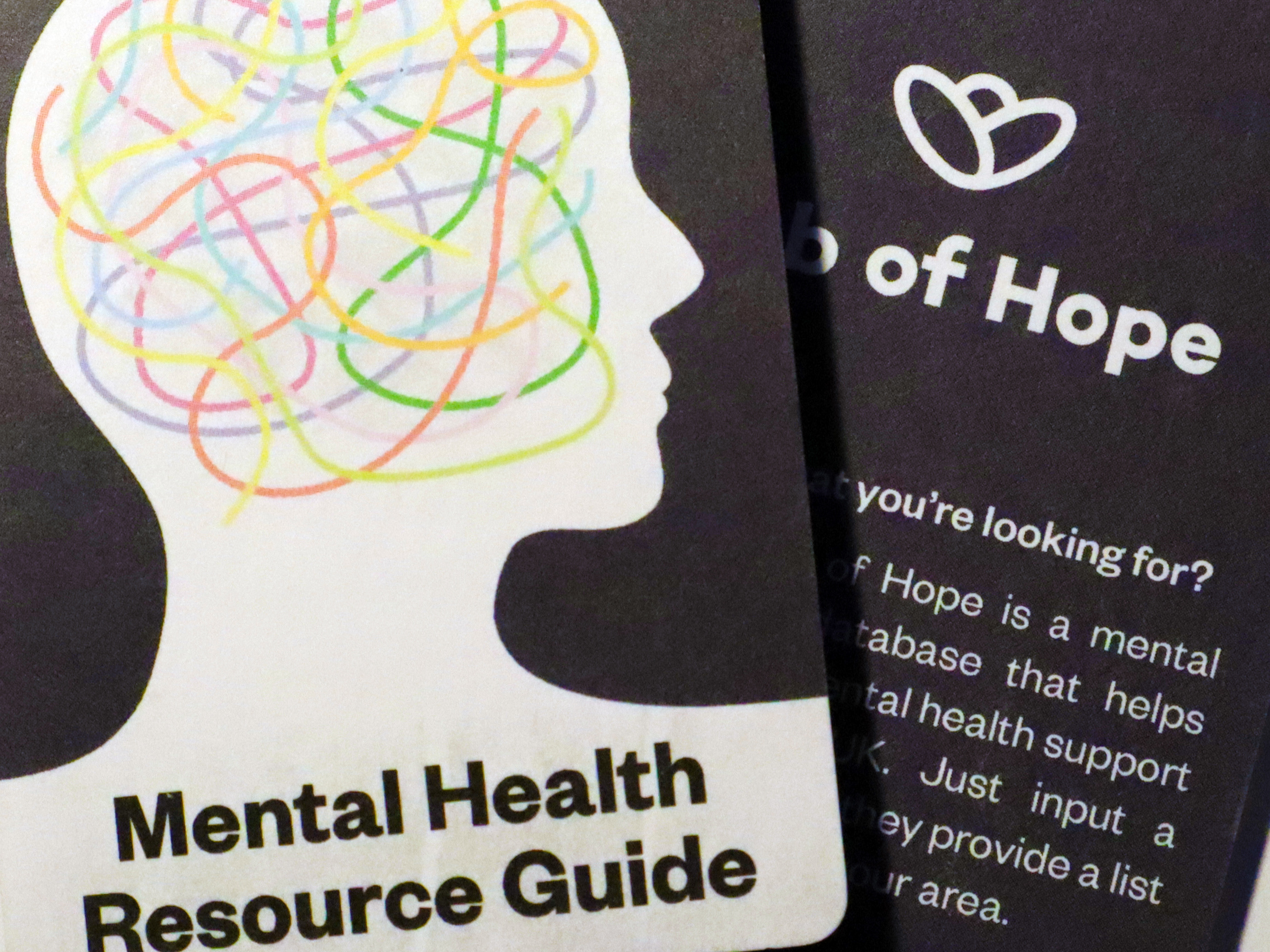This Insomnia Project was created for my final year summer show and aimed to share the feeling of insomnia with others.
Text in design is copped below -
Insomnia...
Insomnia is a sleep disorder where the sufferer finds it difficult to fall and/or stay asleep. While most people experience Acute insomnia - brief periods of insomnia due to life circumstances (e.g. the night before an exam) - it is considered Chronic insomnia when occurring three times a week for more than three months. People with insomnia can experience three different types, both individually and combined - difficulty falling asleep (onset), staying asleep (maintenance), and/or they wake up too early in the morning.
Effects of Insomnia What happens when you don’t sleep? - While acute insomnia is rather harmless Chronic insomnia can have serious consequences ranging from trouble concentrating to health issues. Persistent insomnia can have a significant impact on every aspect of everyday life. Sleep is key to your brain’s function and without sufficient rest, it can limit what you're able to do during the day, affect your mood, concentration and lead to relationship problems with friends, family, and colleagues. Chronic lack of sleep has also been linked to high blood pressure, obesity, diabetes, heart attack, and stroke. Because of these facts, it is important that we find ways of preventing and coping with insomnia.
Causes & Self-help
Common Causes
- Underlying conditions
- Anxiety disorders
- Stress
- Alcohol or caffeine before sleep
- Some medication
- Pain
Self help
- Set up a routine
Creating a nightly routine can teach your brain when it is time to sleep but remember that you must stick to the routine almost every night to make it stick.
- Meditation or Yoga
These practices teach you how to relax both your body and mind, and can be used to relax yourself before sleeping.
- Exercise
Exercising in the evening can exhaust you enough for sleep but make sure to do so a few hours before bed, not just before, otherwise you’re just becoming more energised.
- Daydream
Although this may sound obvious, a happy daydream can put your mind in a relaxed mood (e.g. what would you do tomorrow if you won the lottery).
- Avoid screens
Most screens give off blue light which has been proven to disrupt your brain’s sleep cycle. - Switch off the electronic devices Some electronic devices can give off an electrical noise that can be distracting during the quiet hours.
- Read
Reading a book is a calm and quiet activity that can help you relax. A favorite book that you’ve already read can be ideal.
- Listen to music
Slow and relaxing music such as classical music can be great background noise
- Bring your temperature down
Between 18.3 and 22.2 degrees, Celsius is a great range to help you sleep.
- Refresh and try again.
Don't lie there and stare at the ceiling for more than 30 minutes, get up or do an activity then try again.
- Avoid napping or sleeping in.
Sleeping at the wrong time can confuse your body clock further and decrease your body’s need for sleep at the right time.
- Writing
Whether it be a to-do list or just getting your thoughts out onto paper, writing can be a good way to clear your mind ready for bed. Try writing a list of your worries, and any ideas about how to solve them.
Warning - although sleeping medication is widely available, most are potentially addictive. They don’t cure insomnia, only help to counteract the symptom. Always make sure that you are aware of any side effects and consult your doctor before taking medication.
For more information, you can visit the NHS site, but remember that your doctor will always be the best consult. - www.nhs.uk/Conditions/Insomnia












